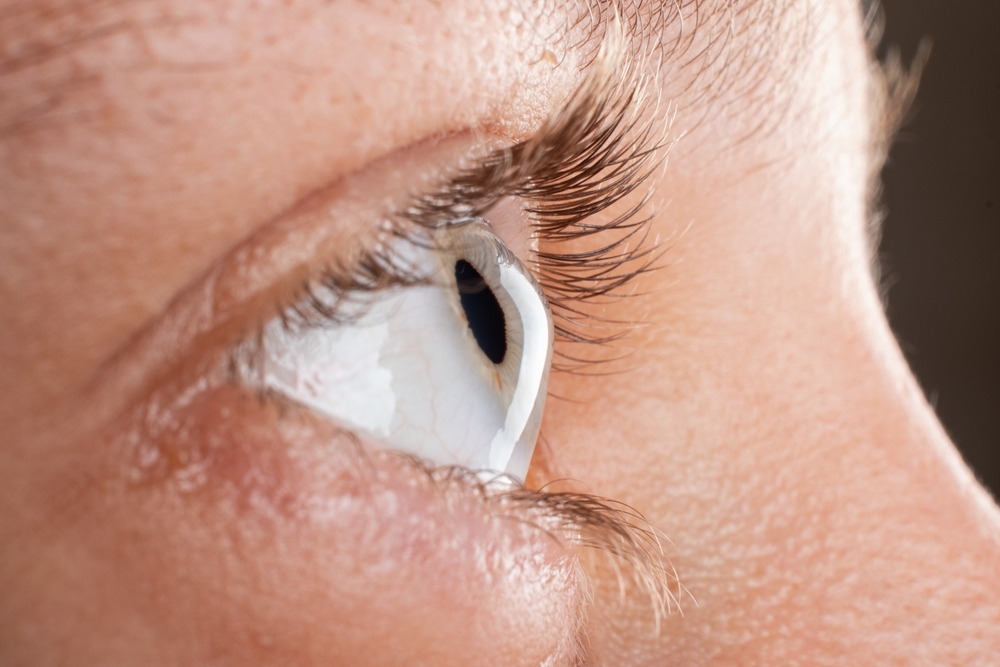
Keratoconus is an eye condition that gradually changes the shape of your cornea. Instead of staying round and smooth, the cornea thins and bulges into a cone-like shape. This distortion makes it difficult for light to focus properly on the retina, leading to blurry and distorted vision. While it often begins in adolescence or early adulthood, keratoconus can progress over time if left untreated.
Early Stages: Subtle but Noticeable Changes
In the early phases of keratoconus, patients may notice that their eyeglass prescription changes more frequently than usual. Vision may appear slightly blurred or distorted, and night driving can become challenging due to glare and halos around lights. Some individuals may also develop increasing sensitivity to light. At this point, eyeglasses or soft contact lenses may still provide adequate vision correction.
Progression: Increased Distortion and Irregular Astigmatism
As keratoconus advances, the corneal thinning and steepening become more pronounced. Vision correction with standard glasses or soft contact lenses often becomes less effective. Patients may experience:
• Significant blurring or ghosting of images
• Increased irregular astigmatism
• Double vision in one eye (monocular diplopia)
• Difficulty seeing clearly both near and far
Rigid gas-permeable or scleral contact lenses are often recommended during this stage, as they create a smooth optical surface that helps correct the irregular shape of the cornea.
Advanced Keratoconus: Severe Vision Impairment
In severe cases, the cornea becomes extremely thin and irregular. Vision may be so distorted that even specialized contact lenses cannot provide clear sight. Some patients may also experience scarring of the cornea, which further reduces vision quality. At this stage, corneal cross-linking may be considered to slow progression, while corneal transplant surgery may be necessary to restore functional vision.
Why Early Diagnosis Is Essential
Keratoconus progression varies from person to person, but early detection plays a key role in preserving vision. Modern treatments, such as corneal cross-linking, can halt or significantly slow the advancement of the condition. This means patients can maintain clearer vision for longer and reduce the likelihood of needing invasive procedures later in life.
Take Control of Your Vision
Keratoconus is a progressive condition that can dramatically impact vision if not addressed early. By understanding how it changes the eye over time, patients can take proactive steps to protect their sight and access treatments that slow its progression.
If you or a loved one are experiencing frequent prescription changes, blurry vision, or increased glare, don’t wait. Schedule a comprehensive eye exam at Houston Dry Eye Clinic to detect keratoconus early and explore treatment options tailored to your needs. Visit our office in Houston, Texas, or call (713) 664-4760 today.




